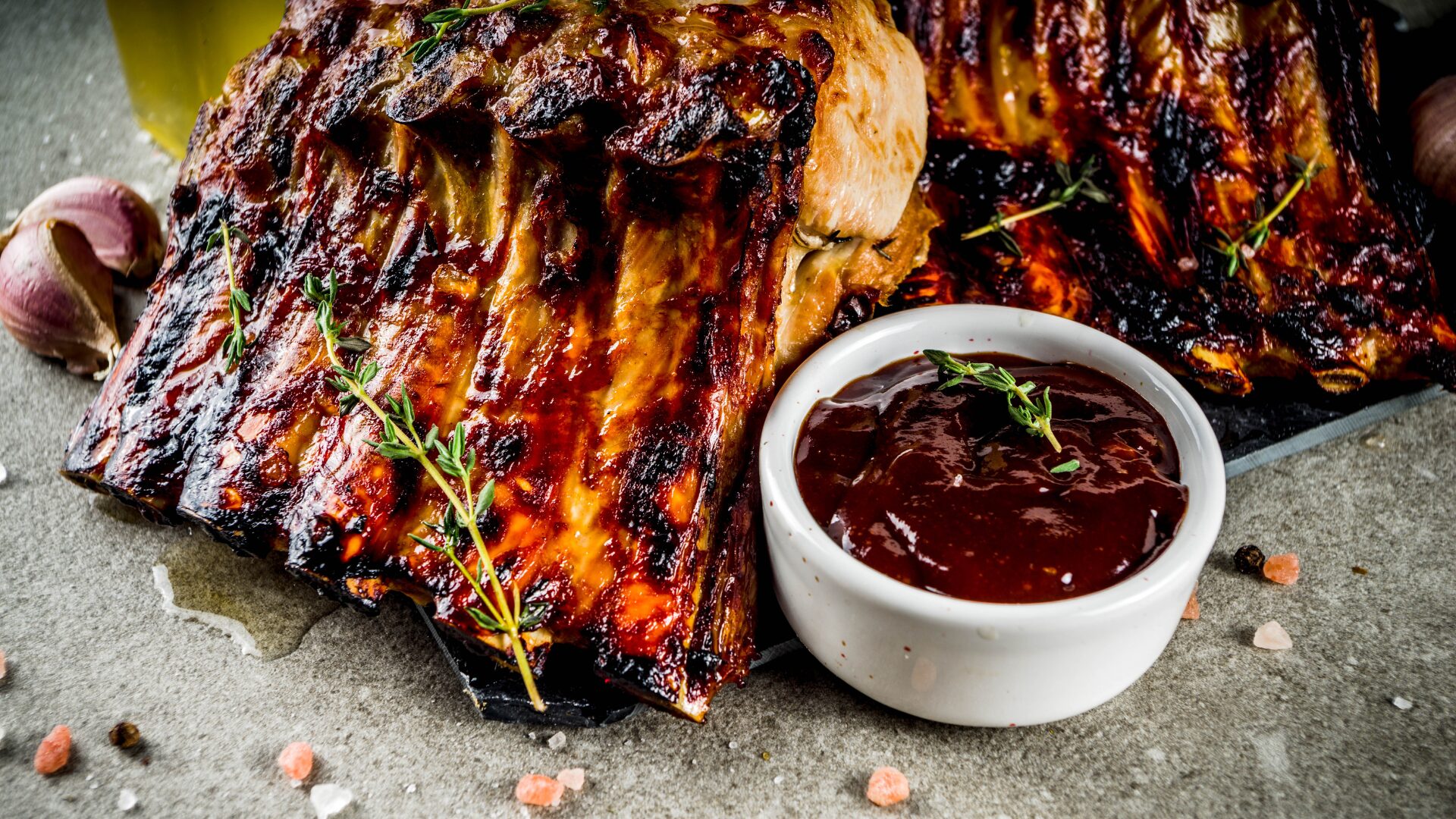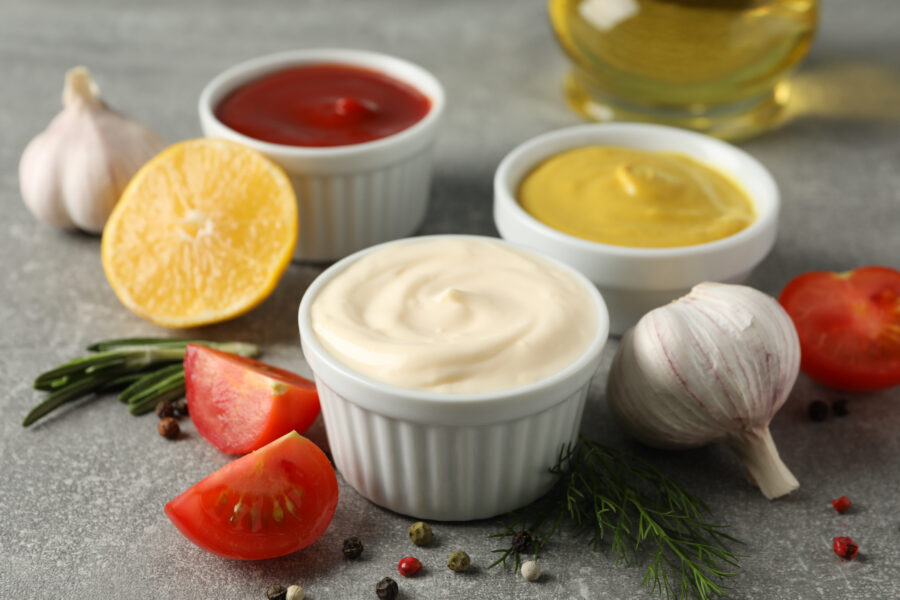Barbecue sauce is ubiquitous in retail and many brands want in on the party. The battle for the BBQ-sauce dollar has inspired brands to get creative, often taking spiciness to the next level.
Midwestern grocery chain Hy-Vee sells more than 20 barbecue sauce brands, for example, ranging in price from $2 to $12.59 per bottle. So beloved is “BBQ” in America that even Ace Hardware joined the fray and launched its own private-label sauce, Loud Mouth, priced at $8.99.
“The barbecue sauce market is seeing its quickest growth in brands using exciting and unusual peppers, like the ghost pepper, the Carolina reaper, and the scorpion pepper,” said Eudell Watts IV, owner of Old Arthur’s Barbecue Products, to The Food Institute. “Aficionados have demonstrated their continued interest to explore and turn their barbecue into an experience.”
“Incorporating the element of heat to complement exceptional [sauce] flavor has become the current objective.”
The global barbecue sauce market is valued at nearly $2 billion and is projected to produce a compound annual growth rate of nearly 5.3% through 2029, according to researchandmarkets.com. Per a 2023 article by learntobbq.com, the top-selling barbecue sauces in the U.S. are: Sweet Baby Ray’s ($198.2 million in sales in 2022); Stubb’s ($151.6 million); and Kraft ($138.1 million).
Fledgling brands looking to enter the challenging barbecue sauce category have turned to producing healthier-for-you options, striving to offer items without high-fructose corn syrup, for example. Lower-sugar barbecue sauce brands have now wedged their way into the BBQ aisle, offering products like these (as noted by Livestrong.com):
- Primal Kitchen Classic BBQ Sauce
- Stubb’s Original BBQ Sauce
- Noble Made Classic BBQ Sauce
For many BBQ connoisseurs, smoky-sweet Kansas City-style sauces just don’t cut it anymore – even if old standbys like Sweet Baby Ray’s have stood the test of time.
“Barbecue enthusiasts have, in general, begun to incorporate [sauce] ingredients and flavors that might have earlier been considered exotic,” Watts said. “There’s a strong push for healthier options, such as gluten-free. I have seen fruit-based barbecue sauces and Asian-inspired sauces gaining popularity.”
Brand exposure plays a key role in determining the success or failure of a barbecue sauce brand. Watts, whose family began creating award-winning barbecue sauces over 160 years ago, said Old Arthur’s products have maintained strong sales due to the following tactics:
- In-store demos
- Pop-up restaurants
- Offering samples at Maker’s Markets
“When standing in the sauce section, the typical shopper will usually select, by default, the sauce they can most readily recall tasting,” Watts said. “Seldom will they experiment by grabbing a new brand they’ve never tried, or (that) hasn’t been recommended.”
The Food Institute Podcast
How are foodservice consumers contending with persistent inflation? Are they eating more at home, for example, or continuing to treat themselves at their favorite restaurants? The latest episode of The Food Institute Podcast examines that topic with Krystle Mobayeni of BentoBox, who dissected rapidly evolving consumer dining dynamics.








